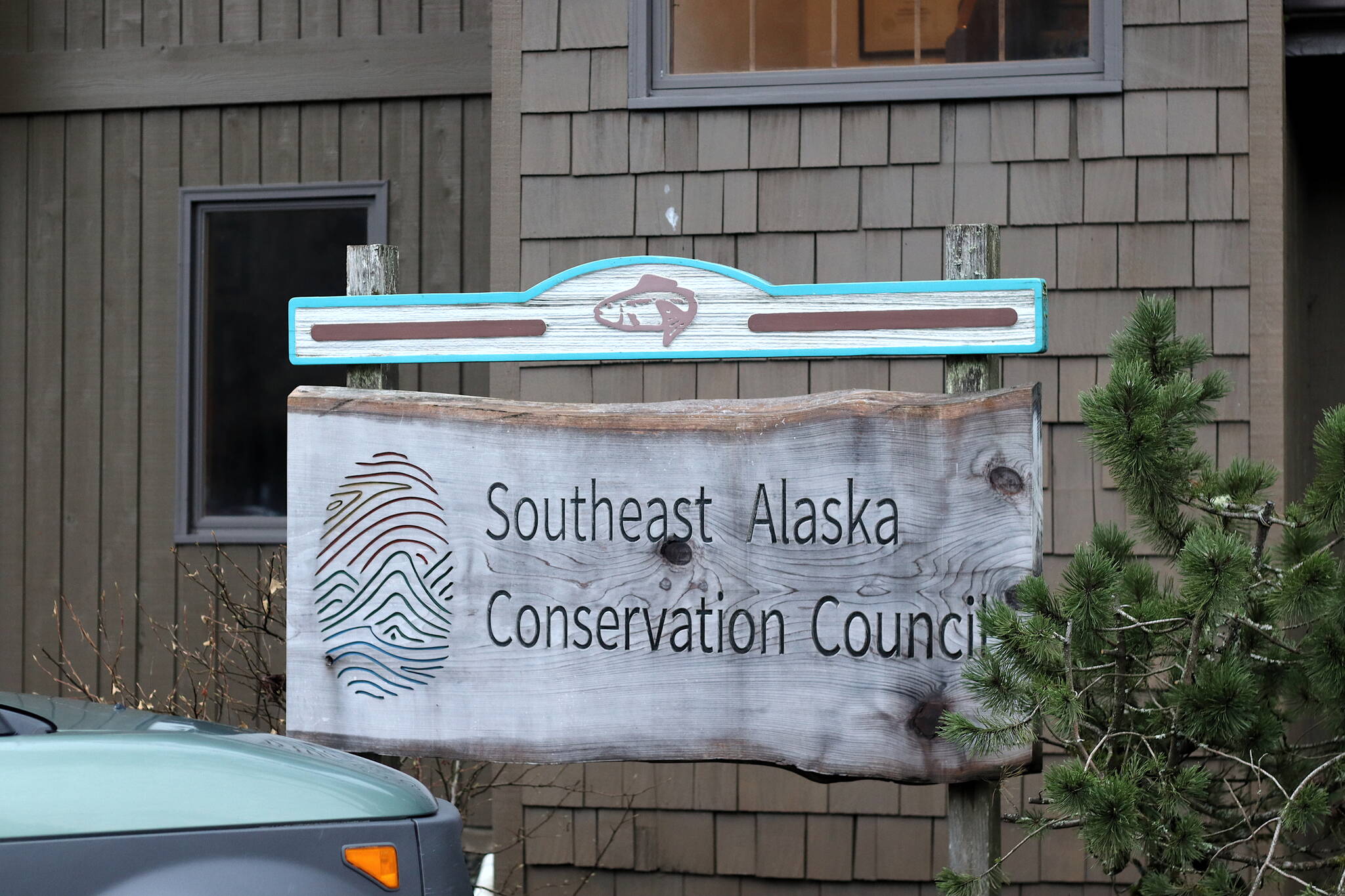In a vote with potential national implications for nonprofit organizations, five non-management employees at the Southeast Alaska Conservation Council prevailed in a vote to unionize tallied Thursday by the National Labor Relations Board. But the outcome is still uncertain since SEACC has a week to appeal the outcome and is awaiting a separate ruling on if the labor board has legal jurisdiction in the matter.
The employees sought the NLRB’s intervention by claiming a December vote to unionize was not recognized by SEACC, a conservation nonprofit headquartered in Juneau. SEACC’s management has stated the employees are declining to specify what compensation and workplace changes they are seeking until they officially achieve union status.
Thursday’s vote to unionize was 3-1 in favor during a count conducted via Zoom by an NLRB representative in Seattle. An additional ballot challenged by SEACC was not tallied since it would not have affected the requirement for a majority vote.
The employees, in a news release issued after the vote by the Communications Workers of America, claimed victory despite the still-pending steps in the process.
“We can finally get what has been denied to us for months now — a fair chance at the table to negotiate for improved working conditions for all SEACC employees now and into the future,” said Heather Evoy, SEACC’s climate organizer.
SEACC Executive Director Meredith Trainor declined to comment Thursday on if a challenge will be filed to the vote, which is due by 3:45 p.m. Alaska time next Thursday.
While the number of people involved in the dispute is decidedly small — with SEACC noting in a news release Thursday it has a total of 10 employees — both sides have raised national issues in their arguments over the months.
The employees claim SEACC fought the unionization effort by hiring the same law firm Starbucks used to fight such campaigns at that company (SEACC’s management noted it’s a nationwide firm with an office in Anchorage that specializes in labor issues).
SEACC, in its news release Thursday, argued its key focus for now is its challenge to whether the NLRB has legal authority to regulate “a small, local charitable nonprofit like SEACC — a decision that could have national ramifications.” The NLRB, which heard arguments in the matter earlier this year, stated then “the board has broad jurisdiction over nearly all types of private employers, large and small, for-profit and non-profit,” but SEACC filed a challenge to the decision.
If the NLRB determines its jurisdiction is legitimate “SEACC will enter the next phase of this process and begin bargaining” with the newly established union, according to the release.
“In the event that the National Labor Relations Board is found not to have jurisdiction in this case, our leadership is committed to sitting down as staff and board to discuss and address any existing staff concerns,” the statement by SEACC adds. “We at SEACC are and always have been committed to ensuring our employees are well-supported, and we are committed to honoring the needs of our whole staff, no matter how they voted.”
The employees voting to unionize, in an email responding to SEACC’s statement, noted “so far we have faced challenge after challenge filed against us.”
“First, over whether we were eligible to unionize under the (National Labor Relations Act),” the email states. “Then, after a hearing ruled that we were indeed eligible, SEACC appealed that decision. And just today, they contested the eligibility of one of our votes. We hope that these challenges will not be used to delay bargaining.”
• Contact reporter Mark Sabbatini at mark.sabbatini@juneauempire.com

